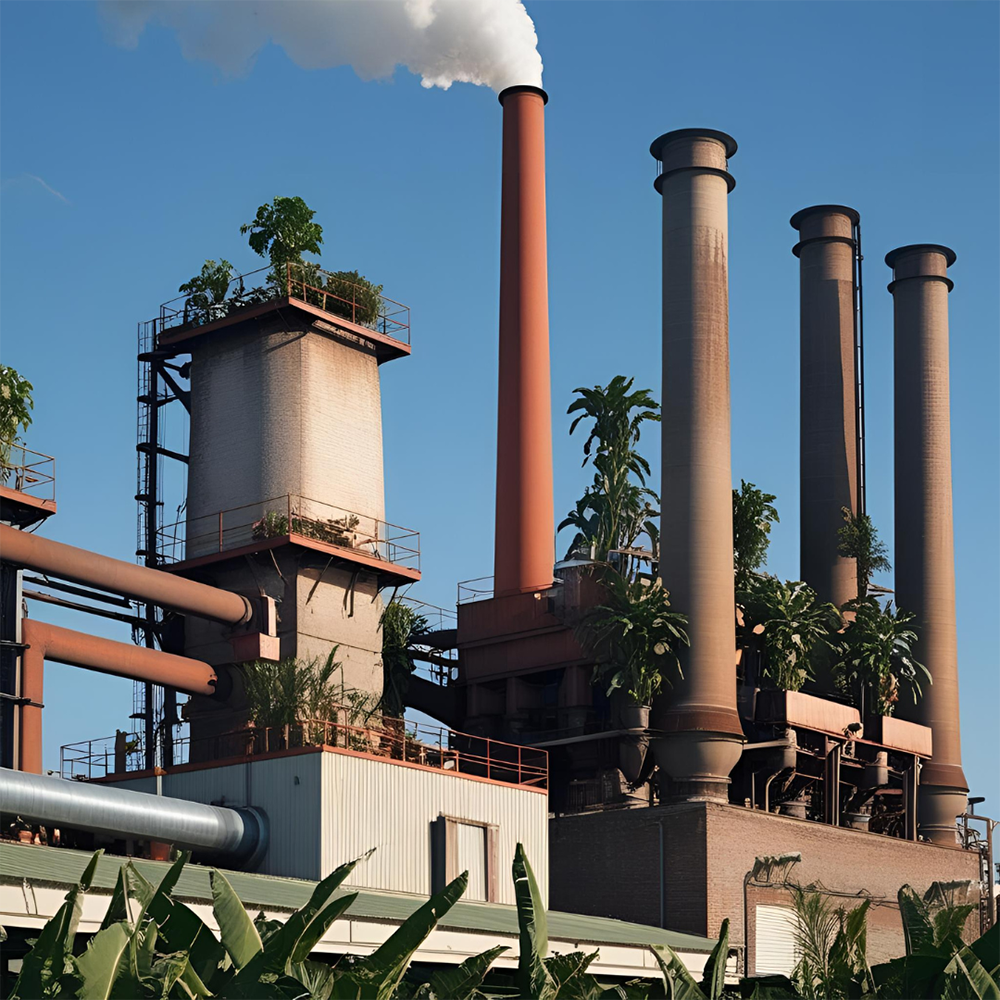Environmental compliance
Avoid legal sanctions and damage to corporate reputation
We offer full support for services related to compliance, authorisation and assessment of environmental impact within the context of Italian regulations harmonised by the Consolidated Environmental Act, Italian Legislative Decree 152/06 as amended, and other Legislative Decrees.
Increasingly strict environmental policies render essential a constant commitment to Sustainability, and our experts will guide you through the complexities of the Regulatory System, guaranteeing support in respecting the main areas of compliance with regards to AUA, AIA, waste water, emissions, waste, assessment of applicability of the Seveso Directive, CONAI contributions, environmental labelling on packaging and many other aspects, all aimed at supporting sustainable economic development with a view to preserving the environment in which we live and to avoid legal sanctions and damage to company reputation.
REQUEST A PERSONALIZED CONSULTANCY
 The Environmental Impact Assessment (EIA) is a technical-administrative procedure that allows for obtaining authorization to construct a project after assessing its impact on the environment.
The Environmental Impact Assessment (EIA) is a technical-administrative procedure that allows for obtaining authorization to construct a project after assessing its impact on the environment.
Through a complex process and ongoing dialogue with the competent environmental authorities and entities involved in the project, the EIA identifies, describes, and evaluates all significant effects on the environment in which it is integrated. The goal is to reconcile the development of human and economic activities with the protection and conservation of the environment, identifying measures to prevent, eliminate, or mitigate any possible negative impacts.
All projects that may have a significant negative impact on the environment and the land must be subject to an Environmental Impact Assessment (EIA).
The Legislative Decree 152/2006 lists activities divided into two types regarding the Environmental Impact Assessment (EIA):
- Activities mandatorily subject to EIA:
These are projects listed in Annexes II and III of Part Two, and those in Annex II-bis and Annex IV only if they relate to new works that affect protected natural areas. - Activities subject to screening or preliminary verification of EIA applicability:
These include projects in Annex II Part II, for the development or testing of new methods or products not exceeding two years in duration, which are evaluated on a case-by-case basis. Modifications to works listed in Annexes II, II-bis, III, and IV of Part Two, which may have "significant negative effects on the environment." Finally, projects in Annex II-bis and Annex IV, based on the criteria and thresholds defined by the decree of the Minister of the Environment and Protection of Land and Sea dated March 30, 2015.
The procedure for the Environmental Impact Assessment (EIA) process is divided into the following phases:
- Drafting of the Environmental Impact Study (EIS) and delivery to the competent bodies.
- Submission and publication of the EIA application.
- Technical inspection by the review team at the site of the project.
- Conference of the reviewing bodies to discuss the project and issue the necessary opinions.
- Communication of the compatibility judgment by the competent authority.
 The procedure for analyzing environmental risks and drafting technical documents to be submitted in applications must be carried out by specialized professionals. Indeed, to prepare an adequate Environmental Impact Study, in-depth knowledge of the regulations, procedural steps, and all the specific technical-administrative components is required.
The procedure for analyzing environmental risks and drafting technical documents to be submitted in applications must be carried out by specialized professionals. Indeed, to prepare an adequate Environmental Impact Study, in-depth knowledge of the regulations, procedural steps, and all the specific technical-administrative components is required.
The environmental consultant is strategic not only for the correct drafting of environmental reports required by law but also for the optimal management of relations with the competent authorities and the entities involved in the EIA process.
A professional capable of confidently communicating both with authorities and stakeholders involved in the procedure allows for the acceleration of the process by preventing possible errors in the presentation of documentation and thus problems that could arise during the investigative phase.
Would you like to have a customized consultation?
Do not hesitate to contact our consultants.
REQUEST A PERSONALIZED CONSULTANCY
You might be interested in: Environmental sustainability | Environmental and energy certification | Recycled plastic